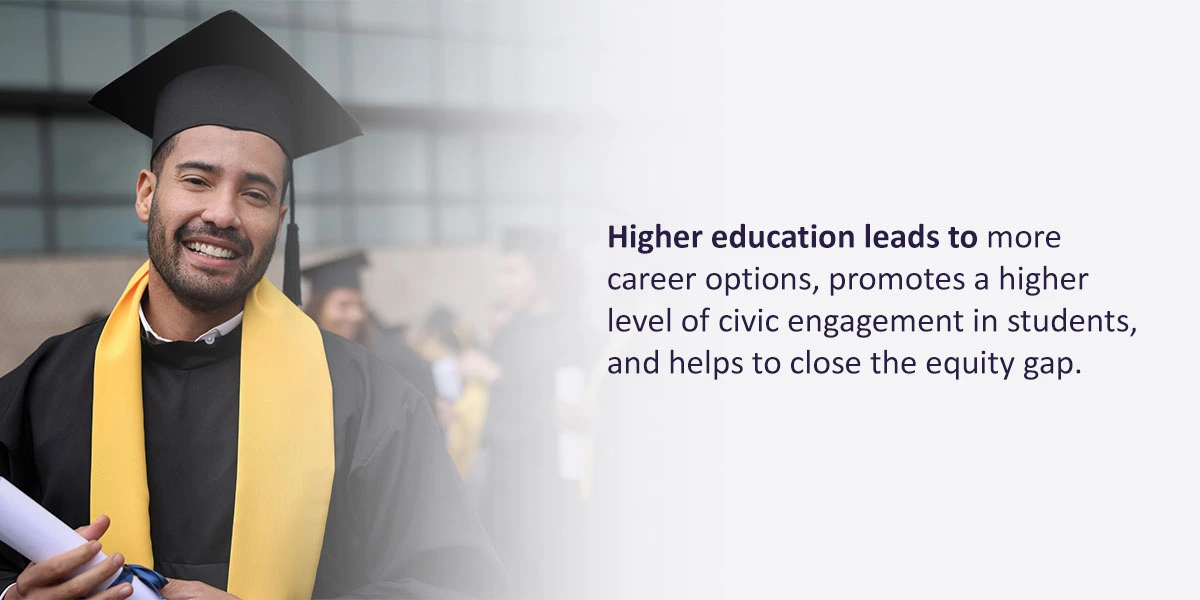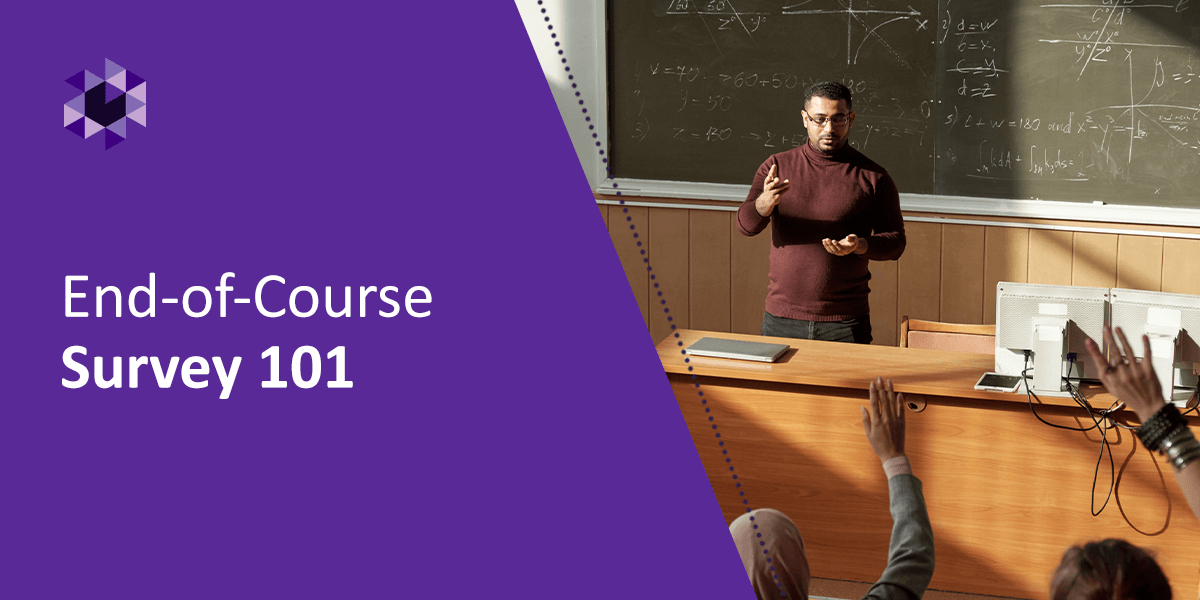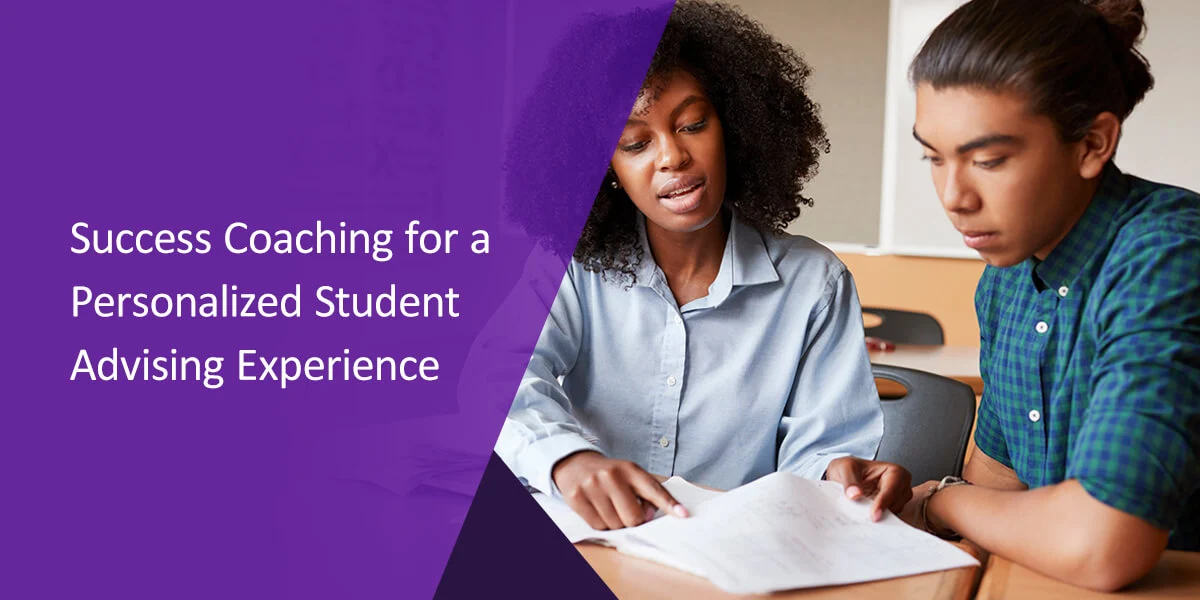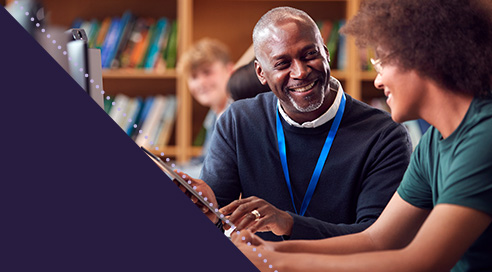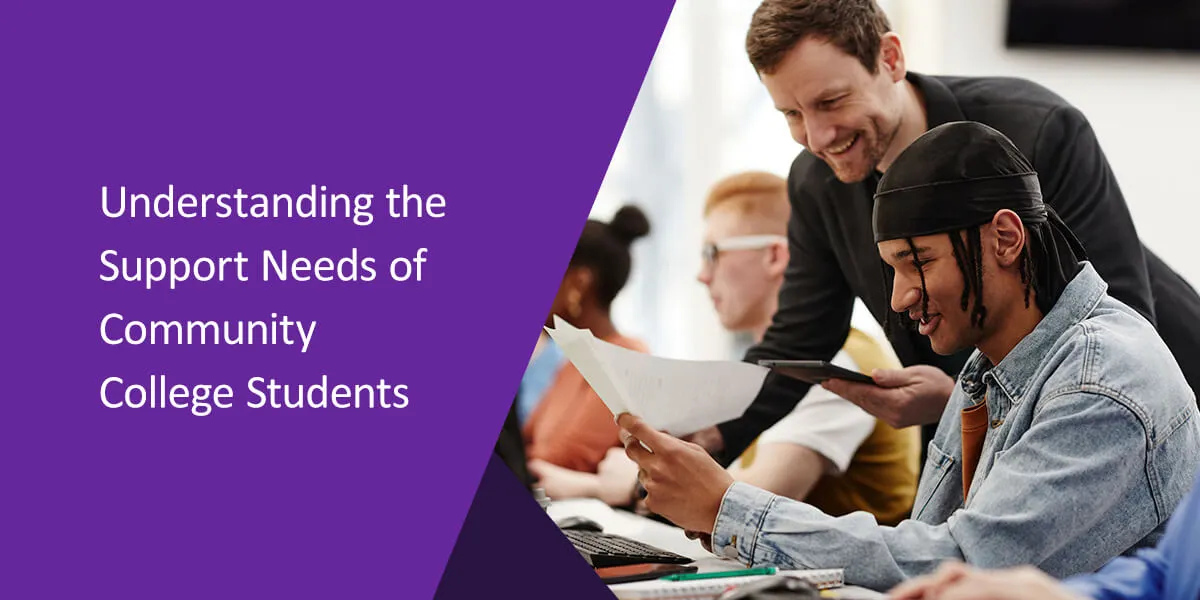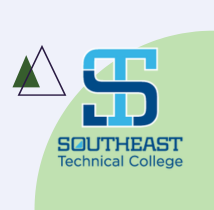



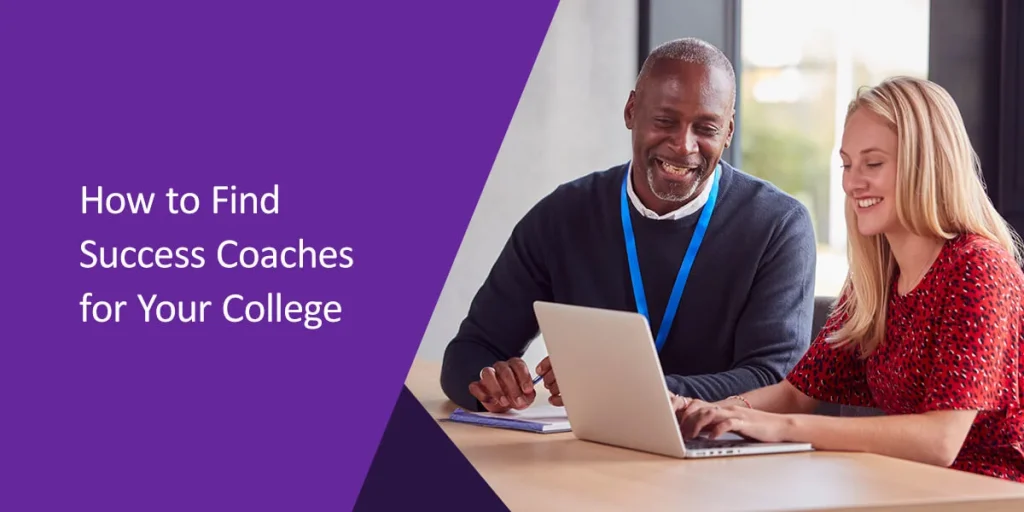
Colleges must consider many essential factors when aiming for student success and promoting educational equity. By focusing on the student as an individual, the institution can start to work towards academic success, tackle tough academic challenges and explore what issues they face inside and outside of school.
With this in mind, it becomes clear that people are the essential tool higher education institutions can offer to promote student success. Student retention and persistence begin and end with having the right people in the right jobs. From student success coaches and mentors to directors of student achievement programs, the right individuals can foster success beyond the classroom, and instill long-lasting life and academic skills in students.
Student success coaching gives students a personalized advising experience throughout their time at the institution. Higher education and technical education institutions must hire the right people for success coaching to be meaningful and impactful.
Finding the right people for a student success coach job ensures students learn the right life skills and academic tips for overall success. The people that build good organizations are responsible for hiring the correct people before focusing on higher initiatives or bigger strategies for the college.
Great success coaches can help support your college’s overall vision while personalizing their approach to the individual. The right coaches can also adapt and perform well despite unique circumstances.
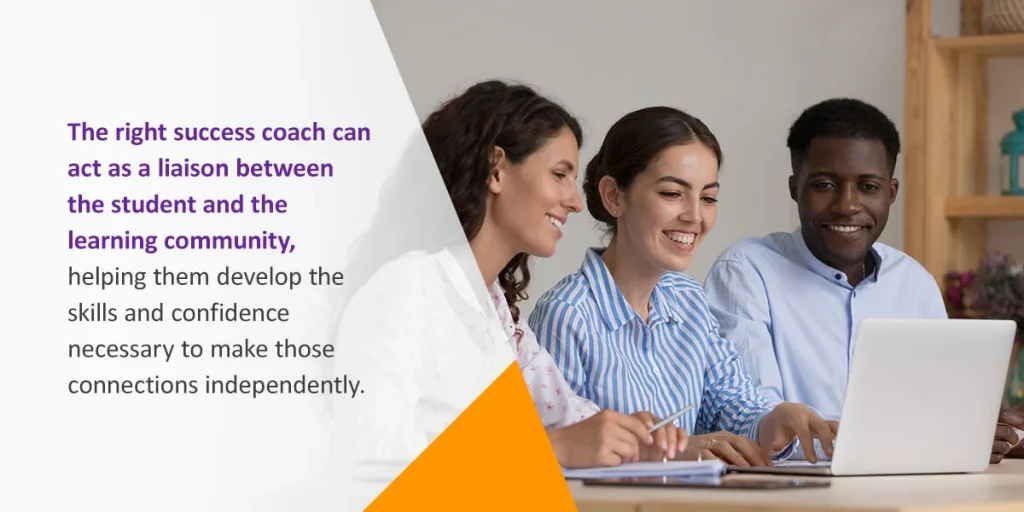
The best success coaches have a few things in common, no matter their background. For example, the right student success coaches have experience in building meaningful one-on-one relationships. They understand the importance of navigating a new learning institution and can help students make meaningful connections in the local community and with critical peers, professors, and mentors. Many of these connections might be difficult for them to make independently, but a successful coach offers a helpful bridge to finding new friends or counselors.
Some students find it easy to communicate with professors and fellow students, while others do not. The right success coach can act as a liaison between the student and the learning community, helping them develop the skills and confidence necessary to make those connections independently. In this case, that may mean coaching students on how to best communicate with their professors virtually or helping students learn how to communicate through writing emails effectively.
A proactive, holistic approach to advising helps success coaches support students depending on their unique situations, wants, and needs. While outside challenges like family issues, work stress, or financial problems might cause students to suffer academically, a student success coach can offer support through academic and life skills. Time management hurdles, academic preparation problems, or financial issues often present specific challenges that require individualized solutions.
Success coaches provide students with a reliable contact person who can connect them with college and community resources, like financial aid, housing services, meal plans, transportation, internet access, technology, or childcare. Student success coaches give students guidance, advice, and support when needed while helping them succeed throughout their academic journey.
So, how do higher education and technical education institutions find and hire the right people? For one, focusing on who the candidate is rather than what they have accomplished can be more critical in hiring the right person. Focusing on individual characteristics, such as a drive for success or care for students, may be more helpful than simply reviewing the minutiae of a candidate’s resume.
When seeking to hire the right people, learning institutions, first and foremost, need to have a clearly defined set of values and goals. For example, the learning institutions partnered with Watermark aim to serve the most underrepresented and underserved students in their communities, including first-gen, low-income, and minority enrollment. This provides a jumping-off point for human resources managers who seek like-minded candidates with the talent to achieve these goals.
Finding the right people for an institution is not a task to be underestimated. Hiring the right people will likely take time, and that’s okay. Rushing to make a hiring decision risks bringing on board candidates who may not fit the institution’s desired qualifications, and ultimately they may lose ground in meeting their student success and equity goals.
As part of the hiring process, learning institutions will want to learn about the candidates’ talents and experiences that make them qualified to be part of the team. Experts recommend thinking outside the box of standard interview techniques and questions when interviewing candidates.
Hiring experts also advise being creative in interviewing. Job candidates will be prepared for the standard interview questions. Being creative with interview questions will allow hiring managers to observe how candidates think on their feet and will give insight into what makes them tick.
Additionally, asking candidates about their life experiences can help determine what talents they may have that aren’t obvious on a resume. Life experience that aligns with today’s college students is essential for student success coaches and mentors, where it is a valuable and necessary skill to identify and empathize with what the students are experiencing.
By having a clearly defined mission and set of goals, learning institutions can help identify what kind of candidates will best serve the needs of their students. The right people work hard to reach the institution’s goals and programs, which shows via their commitment to their students and student achievement. This dedication goes a long way in helping to reach desired student equity goals and academic achievement.
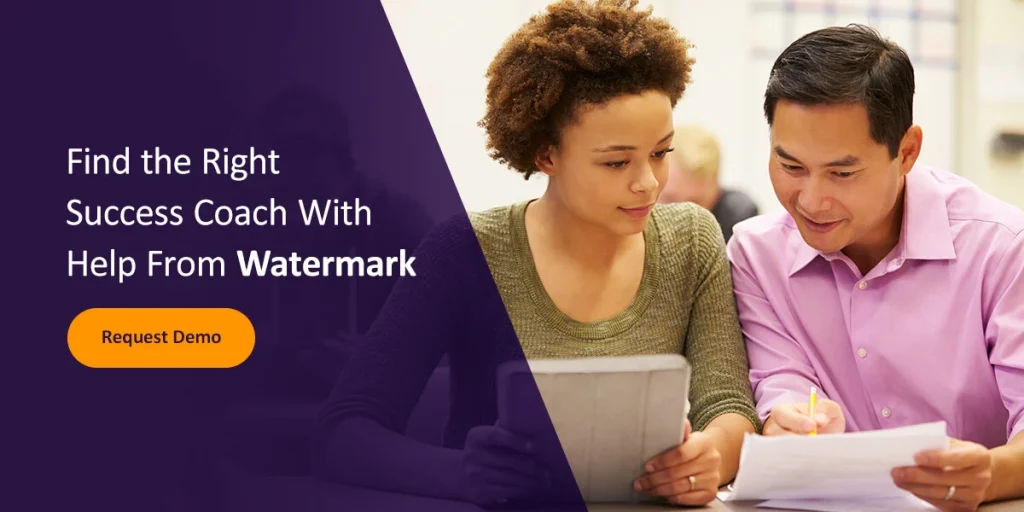
Watermark has helped higher education institutions develop new strategies and implement better processes since 2018. From community colleges to private universities, we offer data collection services, reliable analysis software, and measurement opportunities to help your institution. Colleges can use our data to perform assessments, measure learning outcomes or conduct critical research for later usage. Contact us today to speak to a representative or request a demonstration online.




































































